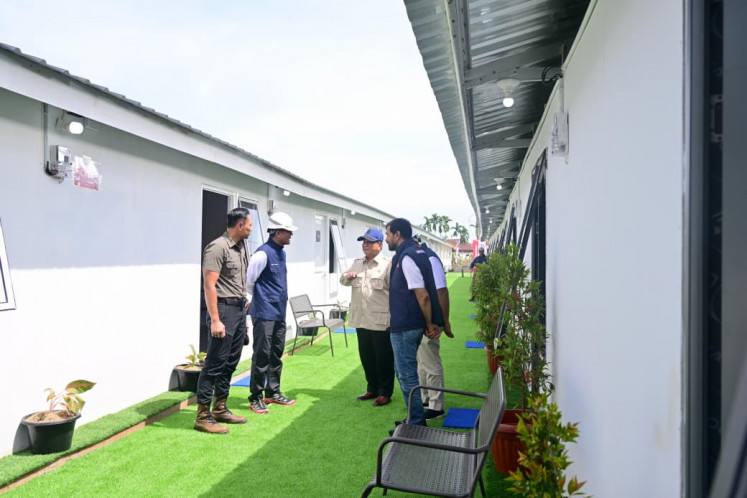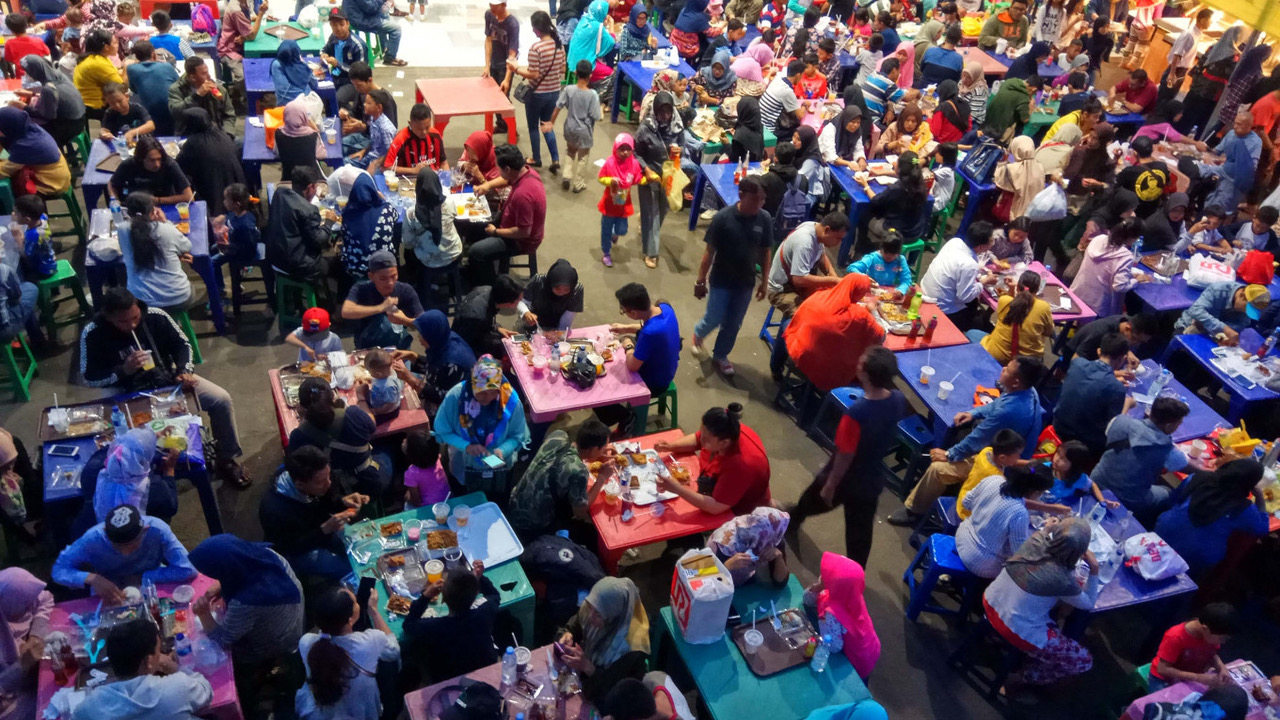Popular Reads
Top Results
Can't find what you're looking for?
View all search resultsPopular Reads
Top Results
Can't find what you're looking for?
View all search resultsFood for thought: A spoonful of nature
Nowadays, 75 percent of the world’s food is generated from only 12 plants and 5 animal species. The reduced diversity of food crops results in the loss of resilience of agricultural ecosystems. We also lose nutritional quality and benefits for human health and risk the disappearing of local wisdom and traditional knowledge linked to agricultural and food practices of local and Indigenous communities.
Change text size
Gift Premium Articles
to Anyone
 Nowadays, 75 percent of the world’s food is generated from only 12 plants and 5 animal species. The reduced diversity of food crops results in the loss of resilience of agricultural ecosystems. We also lose nutritional quality and benefits for human health and risk the disappearing of local wisdom and traditional knowledge linked to agricultural and food practices of local and Indigenous communities. (JP/Ricky Yudhistira)
Nowadays, 75 percent of the world’s food is generated from only 12 plants and 5 animal species. The reduced diversity of food crops results in the loss of resilience of agricultural ecosystems. We also lose nutritional quality and benefits for human health and risk the disappearing of local wisdom and traditional knowledge linked to agricultural and food practices of local and Indigenous communities. (JP/Ricky Yudhistira)
T
o what extent do we realize the severity of the impact of our current food system on nature? And not only on nature. The expanding global demand for food makes the agricultural sector a significant cause of environmental degradation and biodiversity loss globally, including in Indonesia. In pursuit of higher crop yields, we are eating up our nature and biodiversity.
At the same time, we place economic burdens on small-scale farmers, contribute to the weakening of local food systems and the erosion of local wisdom. We perpetuate food inequity with high waste and overconsumption on the one hand, and poor nutrition and food vulnerability on the other.
The official United Nations theme for this year World Food Day is “Healthy diets for zero hunger world”. Beyond food security and good nutrition, healthy diets can also help lower the carbon footprint of the current food system and conserve biodiversity. Equally important, they can benefit the livelihoods of rural communities and farmers, men and women.
Sustainability and equity are at the core of reshaping the food system in order to factor in the enormous environmental and social costs of current food production.
Producers and consumers, as well as regulators, at all levels, need to act. If we change our eating habits and food production systems now, we might still be on time to reset us on the right path to ensure a viable food system for the future and achieve Sustainable Development Goal (SDG) No. 2 (zero hunger). Everyone must have access to safe, nutritious and culturally appropriate food in quantity and quality adequate to sustain a healthy life with full human dignity.
According to the 2019 report of the EAT-Lancet Commission, global food production threatens climate stability and ecosystem resilience and constitutes the single largest driver of environmental degradation. The landmark 2019 Global Assessment Report on the state of nature by the Intergovernmental Platform on Biodiversity and Ecosystem Services similarly points out the severe negative impact of agriculture and food consumption patterns on nature. Moreover, it is an impoverished food system.
Nowadays, 75 percent of the world’s food is generated from only 12 plants and 5 animal species. The reduced diversity of food crops results in the loss of resilience of agricultural ecosystems. We also lose nutritional quality and benefits for human health and risk the disappearing of local wisdom and traditional knowledge linked to agricultural and food practices of local and Indigenous communities.
















